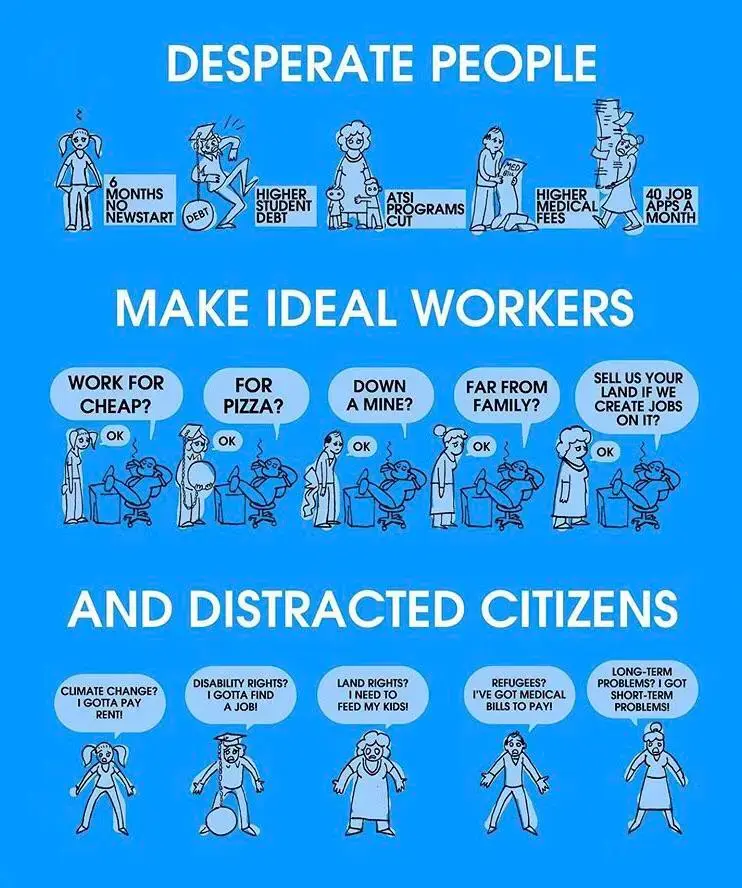Long work hours don’t just wear out workers’ bodies—they take a toll on the environment, too. We need a shorter work week if we’re serious about saving the planet.
A t midnight on Sept. 14, the United Auto Workers’ contract with the Big Three automakers—Stellantis, Ford, and General Motors—expired. As promised by UAW President Shawn Fain, stand-up strikes began promptly at midnight. The first three plants called to strike were the General Motors Assembly Center in Wentzville, Missouri, the Stellantis Assembly Complex in Toledo, Ohio, and the final assembly and paint departments at the Ford Michigan Assembly Plant in Wayne, Michigan. Videos and photos of autoworkers pouring out of the plants and joining their union siblings on the picket line hit social media like labor’s version of the Super Bowl. On Sept. 22, stand-up strikes expanded to an additional 38 GM and Stellantis assembly plants across 20 states.
Throughout the highly publicized contract negotiations between UAW’s 146,000 autoworker members and their employers at the Big Three automakers, newly elected Fain has been calling for a 32-hour work week—a goal stated by UAW as far back as the 1930s.
“Right now, Stellantis has put its plants on critical status, forcing our members to work seven days a week, 12 hours a day in many cases, week after week, for 90 straight days. That’s not a life,” Fain said on a livestream on Aug. 25. “Critical status, it’s named right because working that much can put anyone in critical condition. It’s terrible for our bodies, it’s terrible for our mental health, and it’s terrible for our family life.”
read more: https://therealnews.com/uaws-demand-for-a-32-hour-work-week-would-be-a-win-for-the-planet
archive: https://archive.ph/jSu2n



Charity as a concept is only meaningful against systems that produce an original condition of deprivation.
Everyone has always cared for others, and been cared for by others, whether the name given to such practices is mutual aid, or any other.
Under late modernity, abstract systems deeply permeate and constrain every facet of our lives, our action and our agency, and in large part even our capacities for thinking. Those who are not compatible, as atomized individuals, with such systems, are labeled as problematic, and considered as the ones specifically needing care.
No society has ever comprised “individuals” who “provide for themselves”.
Production, distribution, and consumption of resources and assets are social processes occurring within social systems.
I suggest you learn about a broader variety of historical societies, in order to help overcome the limitations of relying so directly on experience that is immediate and personal.
This has been a great read you two.
Do you favor continuing to live under systems through which most of society is subject to the coercive conditions of labor, enforced by the capitalist class?